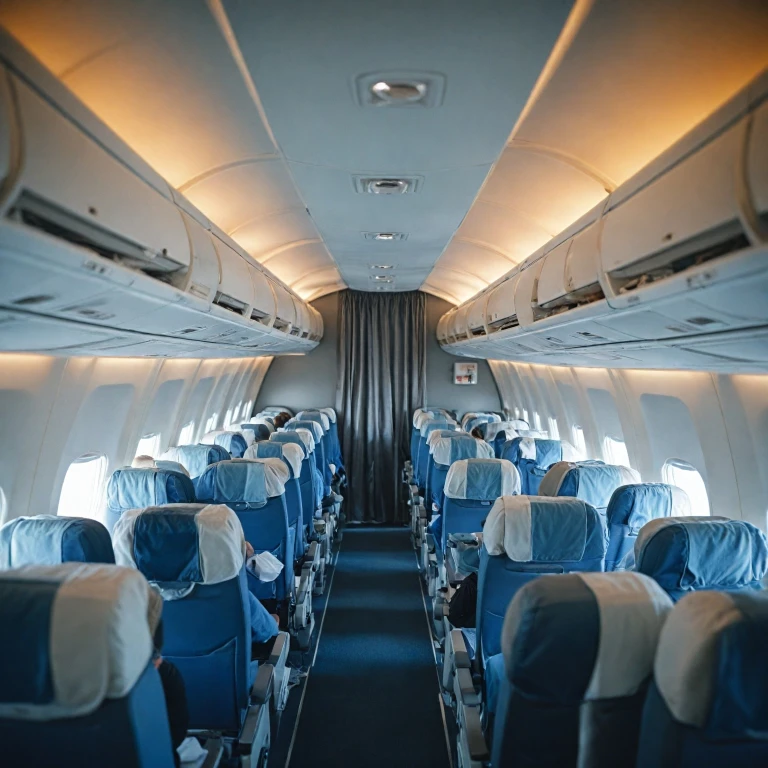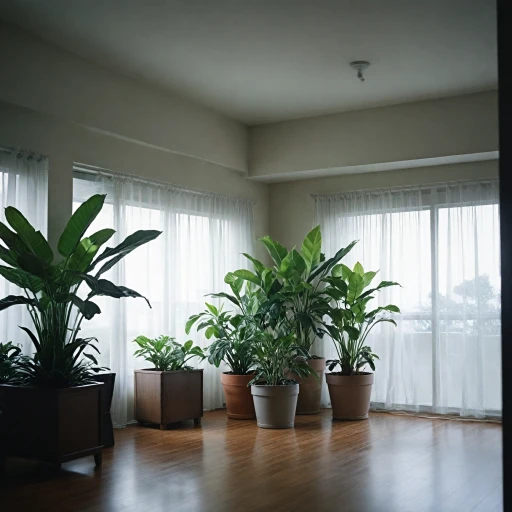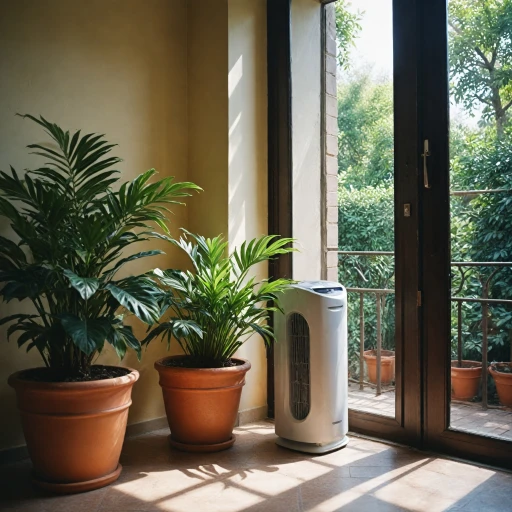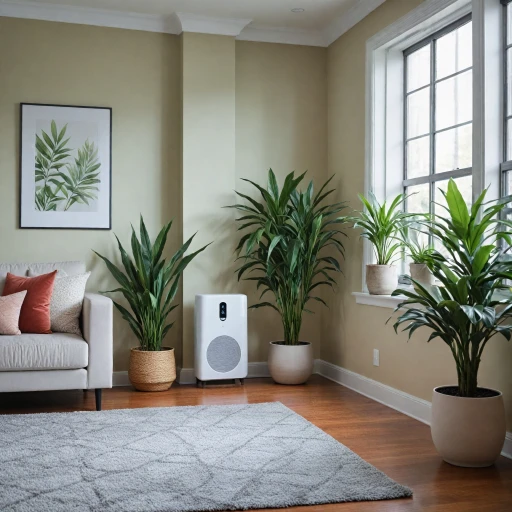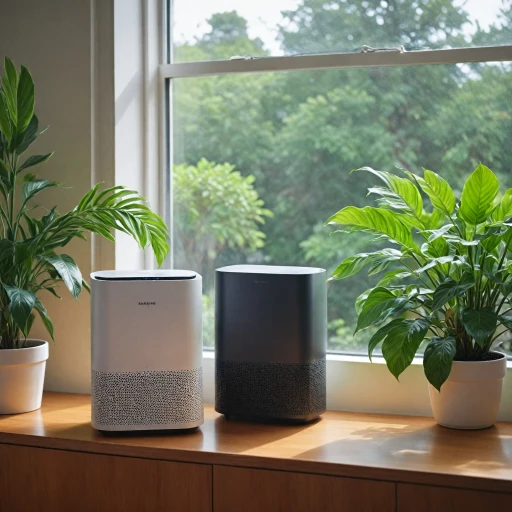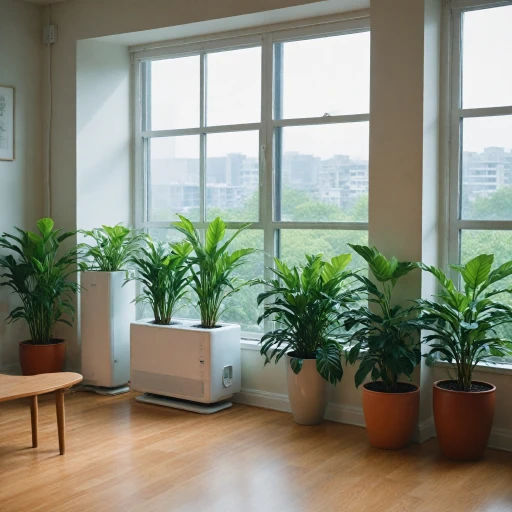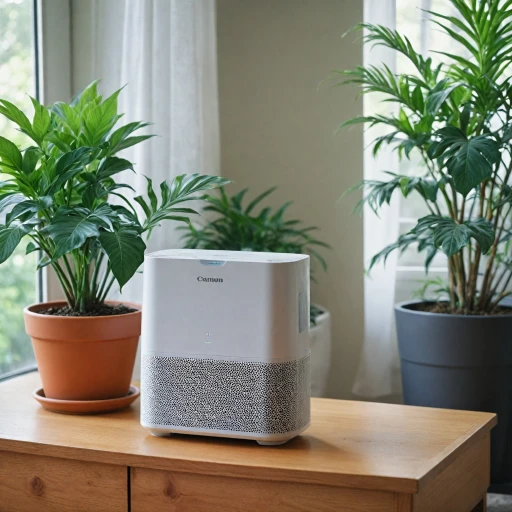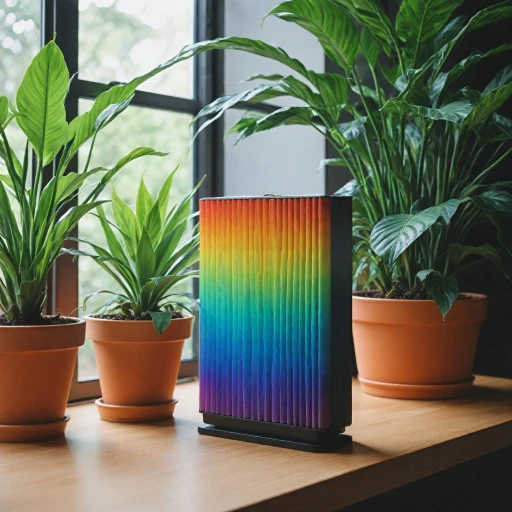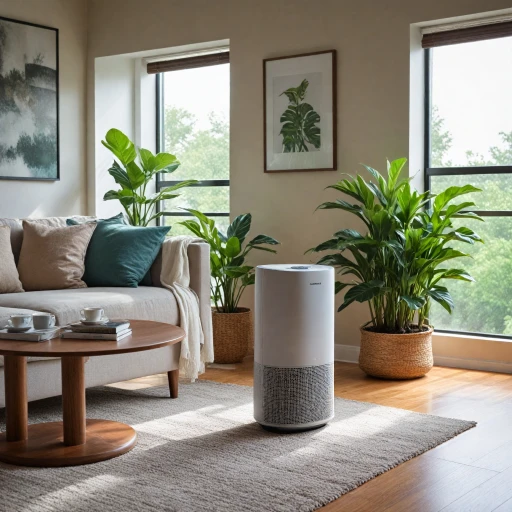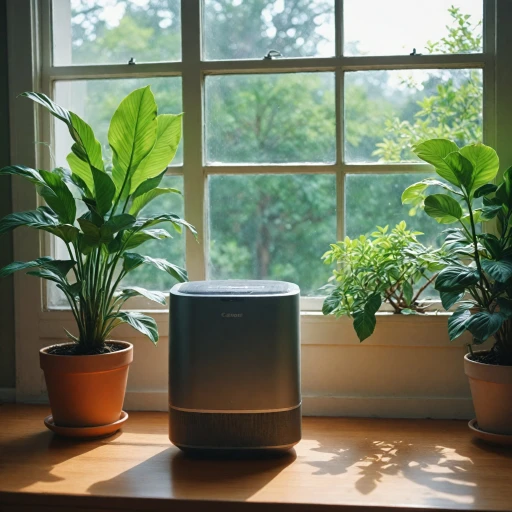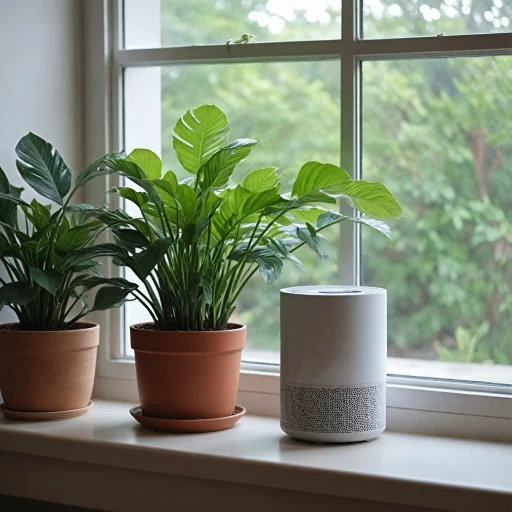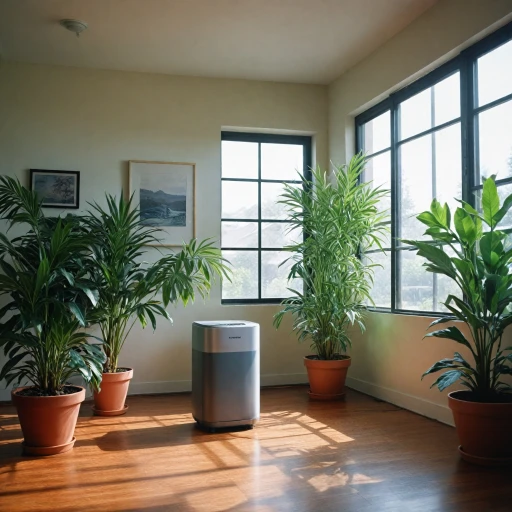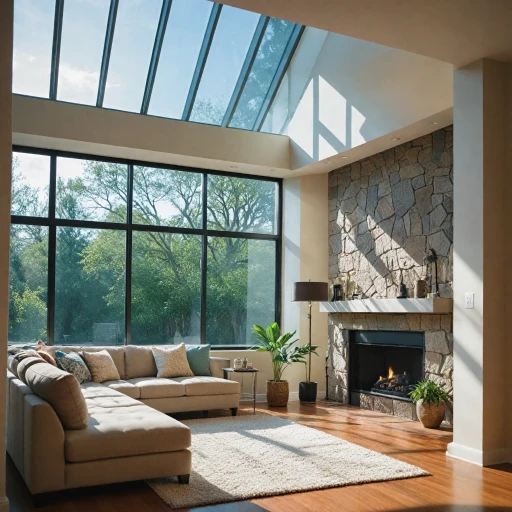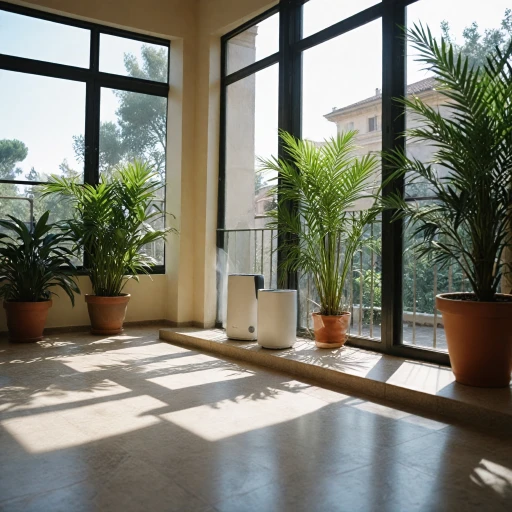
The Role of HEPA Filters in Airplane Air Quality
The Importance of Filtration Systems on Aircraft
Air travel often involves spending several hours in the confined space of an airplane cabin, making air quality a critical concern for travelers. With the help of HEPA filters, aircraft can provide a higher standard of cabin air, ensuring that passengers breathe cleaner air during their journey. The word HEPA stands for High-Efficiency Particulate Air, and these filters are meticulously designed to capture at least 99.97% of airborne particles as small as 0.3 microns. This ensures that a vast majority of pollutants and potential allergens are removed from the air.
Incorporated into the aircraft's air purification systems, HEPA filters combat dust, pollen, and even airborne viruses by trapping these particles, thereby enhancing both safety and comfort for travelers. This, in turn, facilitates creating a travel air environment that minimizes the risk of airborne transmission of diseases, an essential feature that can't be overstated in the context of air travel.
The capacity of such filtration systems to deal with tiny particles effectively elevates the in-flight experience, contributing greatly to maintaining the cabin air quality. Despite the availability of other types of air purifiers, HEPA-based systems are favored extensively across airlines due to their reliability and performance in purifying cabin air. The importance of such purification technology cannot be understated.
Why HEPA Filters Are Essential for In-Flight Air Purification
HEPA Filters: A Staple for Clean Cabin Air
Within the confines of an aircraft, maintaining clean air is paramount for passenger comfort and health. HEPA filters are treasured in the world of aviation due to their exceptional capacity to capture particles as small as 0.3 microns with a remarkable efficiency of 99.97%. This means that even the tiniest particles, such as dust, pollen, and bacteria, are successfully removed from the cabin air. The presence of a high-quality HEPA filtration system ensures that air circulated throughout the airplane is continuously purified, offering a serene travel environment.
HEPA air purifiers are not only recognized for their robustness in removing particles but also in maintaining a steady air quality crucial for a confined space like an aircraft cabin. Understanding their functionality further illustrates their indispensable role. Conclusively, the need for HEPA purifiers during airborne voyages is evident.
The filtration system's design ensures the circulation of clean air, making plane travel more bearable despite its relatively closed environment. Portable air purifiers, including mini air purifiers and air ionizers, often use the same HEPA filter technology to improve small-scale travel air quality. While cabin air may sometimes feel stale due to aircraft environmental controls, HEPA filters continuously work to refresh and purify the air. Their efficacy in trapping harmful particles underscores why they are considered the best air purification choice for airplanes.
Comparing Airplane Air Quality: HEPA vs. Non-HEPA Systems
Differences in Cabin Air with and without HEPA Filtration
When examining air quality on aircraft, the presence of HEPA filters plays a pivotal role in fostering a safer environment for passengers. These high-efficiency particulate air (HEPA) filters are renowned for their ability to trap 99.97% of airborne particles as small as 0.3 microns, providing a remarkable clean air experience even at cruising altitude.
Airplanes equipped with HEPA-based filtration systems generally result in healthier air quality compared to those without. The primary factors include:
- Particles Reduction: Aircraft that use HEPA filters see a significant decrease in airborne particles. This is crucial for interrupting the flow of bacteria, viruses, and allergens, thereby reducing potential disease transmission and allergy triggers.
- Efficient Air Circulation: A filtration system featuring HEPA technology ensures that cabin air is cycled and filtered more swiftly. On average, cabin air is refreshed entirely every 2 to 3 minutes, ensuring the continuous removal of contaminants.
- Enhanced Air Purification: HEPA filters work dynamically with other technologies like negative ion generators, which help to neutralize odor and enhance overall air purity.
- Passenger Comfort: Improved air quality during travel can alleviate common complaints such as dry throat, irritated eyes, and other respiratory discomforts often reported by passengers.
Conversely, aircraft lacking or utilizing non-HEPA "traditional" systems might struggle to achieve the same high standards of air purification. Such systems can often lead to inefficient filtration where smaller particles may escape capture, potentially prolonging exposure to allergens and pollutants during a flight.
In summary, the integration of HEPA filters in airplanes not only provides better health protection for passengers but also enhances overall comfort and experience while flying. As the demand for cleaner cabin air continues to rise, it is clear why HEPA fits prominently among the best air purification options available.
How Airlines Implement HEPA Air Purifiers
Implementation Strategies for Effective HEPA Air Purification
Airlines across the globe have recognized the critical importance of maintaining high air quality within the aircraft cabin. To achieve this, many have increasingly turned to advanced air purification systems, particularly those equipped with HEPA filters. The main challenge lies in effectively integrating these units into the existing cabin infrastructure without disrupting the travel experience for passengers. Modern aircraft are outfitted with comprehensive filtration systems that cycle and clean indoor air multiple times throughout a flight. HEPA filters are at the heart of these systems, capable of capturing 99.97% of particles as tiny as 0.3 microns, including harmful bacteria and viruses. Airlines prioritize these units due to their proven benefits for air quality, alongside other technological improvements like air ionizers for additional particle neutralization.Protocols for Maintenance and Operation
Airlines deploy stringent maintenance protocols to ensure that HEPA filters operate optimally. Regular inspections and timely replacements are crucial to preserve the health benefits that these purifiers provide. Additionally, the incorporation of portable air purifier devices in various cabin sections ensures localized cleansing, enhancing overall air purity. In terms of operation, the airline crew is regularly trained to manage the air filtration system effectively. This includes the operation of mini air purifiers within executive cabins, ensuring passengers enjoy the best air quality obtainable. The success of HEPA implementation can also be attributed to collaborative efforts between aviation experts and purifier manufacturers. These partnerships focus on innovating affordable solutions that lower the price barrier for airlines while maintaining high filtration standards. Ultimately, this comprehensive approach not only aligns with industry regulations but also supports passenger well-being, making HEPA systems an indispensable aspect of modern aircraft design.The Impact of HEPA Air Purifiers on Passenger Health
The Benefits of HEPA Systems for Passengers
When it comes to air travel, ensuring a high standard of air quality inside the aircraft is crucial for passenger health. A significant component of maintaining this standard is the implementation of HEPA filter systems. These filters are known for their efficiency in capturing a wide range of particles, which directly impacts the well-being of those on board. HEPA filters are incredibly efficient, capturing nearly 99.97% of all particles as small as 0.3 micrometers. This includes bacteria, viruses, dust, and other allergens. For passengers, this means a substantial reduction in exposure to airborne contaminants during flights. Moreover, for those who are sensitive to allergens or prone to respiratory issues, the presence of a robust filtration system can make the difference between a comfortable journey and one fraught with potential health concerns. The benefits extend beyond just the filtration of physical particles. HEPA filters contribute significantly to reducing the presence of various pollutants and pathogens in cabin air. This enhanced air quality has been linked to decreased chances of transmission of airborne diseases, which is especially reassuring in the context of global health challenges. For frequent flyers, it's especially important to be aware of the air quality standards of the airlines they choose. Many airlines in the United States and abroad have been quick to adopt advanced HEPA filtration systems, ensuring that cabin air remains as clean as possible throughout the flight. In conclusion, the presence of HEPA air purifiers within airplane cabins plays a vital role in safeguarding passenger health. As the demand for cleaner, more hygienic travel environments increases, the reliance on efficient filtration methods like HEPA becomes even more critical.Future Innovations in Airplane Air Purification
Innovative Technologies in Airplane Air Purification
Airline companies continue to explore advancements in air purification technologies to enhance cabin air quality and traveler comfort. As the demands for clean air become more stringent, especially during travel, new and sophisticated systems are being developed to further improve air quality in aircraft cabins.
Recent innovations include the integration of advanced filtration systems that not only trap harmful particles but also introduce air ionizers which release negative ions. This helps in neutralizing airborne contaminants, resulting in fresher cabin air. Such improvements are crucial as passengers recognize the importance of maintaining high indoor air quality during flights.
Moreover, future developments are likely to focus on portable air purifiers and mini air purifiers that could be used by passengers for personal air preferences. These portable devices could offer travelers the freedom to experience the best air purification wherever they choose to sit in the aircraft.
As technology evolves, the aim is to offer devices that are not only best for travel but also provide efficient purification at a reasonable price. There is also growing interest in air purifier necklaces as a fashionable personal device for additional protection against airborne particles.
The aviation industry is progressively adopting technological innovations to meet and exceed air quality standards. The role of HEPA filters remains crucial, and as such, efforts are directed to optimize their performance continually. The evolving landscape of air purification systems promises a future where the air we breathe while flying is both healthier and cleaner.

